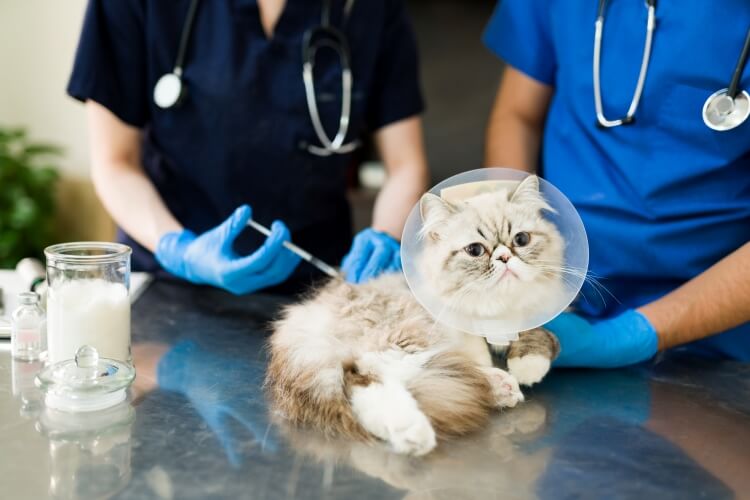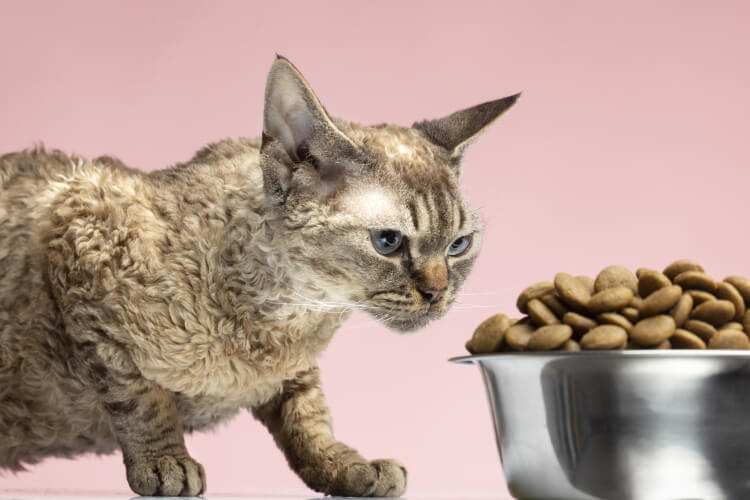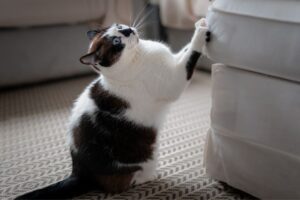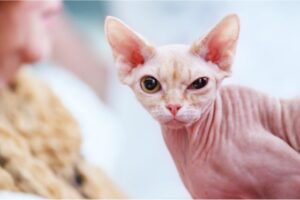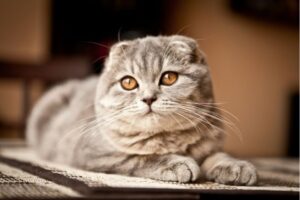Similar to humans, cats need to eat the right things to stay healthy. The proper diet can help your cat maintain a healthy weight and can also aid in the prevention and treatment of a number of health problems. In this article, we’ll discuss how your cat’s diet may be contributing to common health problems and what you can do to help.
Obesity
Cats often struggle with obesity, a condition that is thought to be caused by their food intake. An overweight condition can occur in cats when they consume more calories than they burn. It’s important to keep your cat at a healthy weight to prevent complications like diabetes, heart disease, and joint issues, all of which can be exacerbated by excess weight.
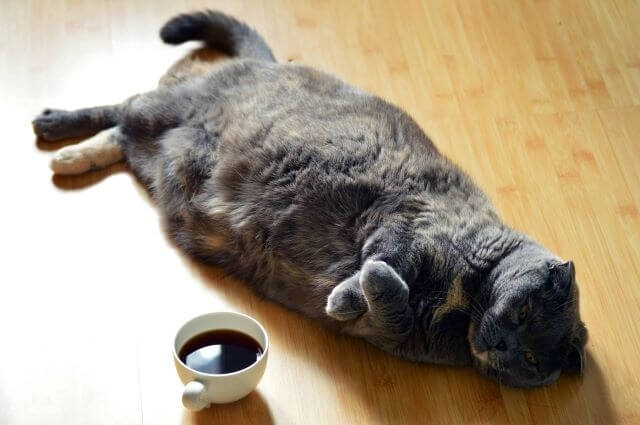
Obesity in cats can be avoided by feeding them a healthy, well-rounded diet. Protein-rich and carbohydrate-poor diets are unhealthy for cats and should be avoided. Most commercial cat foods are made to these standards, but it’s still important to read the label to make sure you’re feeding your cat the best food possible.
You should make sure your cat gets plenty of exercise in addition to giving it a healthy diet. Toys and interactive playtime with their owners can help keep indoor-only cats active.
Diabetes
In people with diabetes, the body is unable to use glucose, which normally would be used to fuel cells, effectively. Diabetic cats either don’t produce enough insulin or are unable to properly utilize the insulin they do produce. It causes high blood sugar, which can have many adverse effects on health.
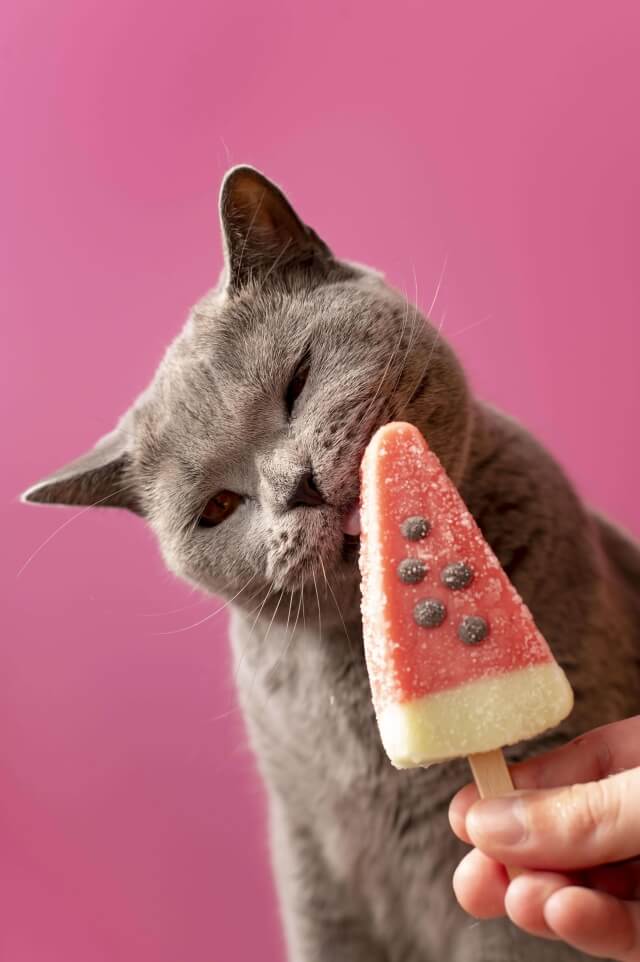
Controlling feline diabetes requires careful attention to the feline’s diet. Diabetic cats require a high-protein, low-carb diet. This aids in maintaining healthy blood sugar levels and may reduce the risk of diabetes-related complications.
In order to create a diet plan that is tailored to your cat’s specific needs, it is essential to work closely with your veterinarian. Prescription diets that are designed to help cats with diabetes are sometimes necessary.
Urinary Tract Health
Especially in male cats, problems with the urinary tract are very common. These problems can range from a simple infection of the urinary tract to a potentially fatal obstruction of the urinary tract.
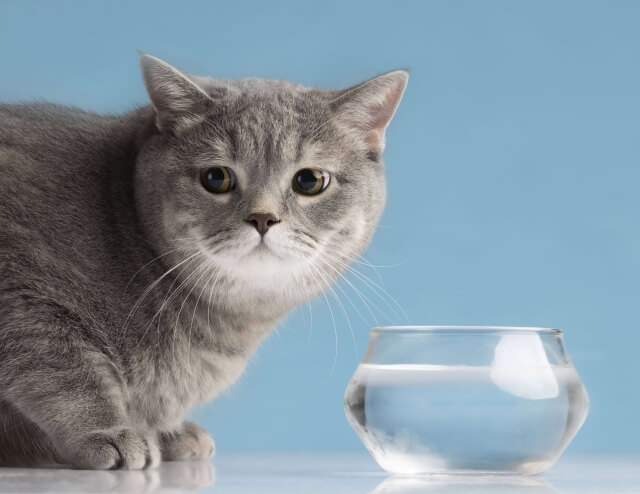
How a cat eats can have a major impact on how well their urinary tract functions. Intake of water is a major factor. Drinking water helps keep your cat’s urinary tract healthy. Water helps flush the urinary system, reducing the risk of the buildup of crystals and stones that can cause obstruction.
In order to ensure that your cat gets enough water, you should feed it wet food. Wet food is better for your cat’s health because it contains more water than dry food. Furthermore, a diet low in magnesium and phosphorus can aid in warding off urinary tract problems.
Dental Health
Taking care of your cat’s teeth is crucial to its overall health. Infections, pain, and other health issues can develop in cats with poor dental hygiene.
Cats’ teeth can benefit from a balanced diet. Plaque and tartar buildup can be avoided by feeding your cat a diet designed to promote dental health. These foods are formulated to promote oral health and reduce the frequency of tooth brushing and other dental care routines by cleaning the teeth as the cat eats.
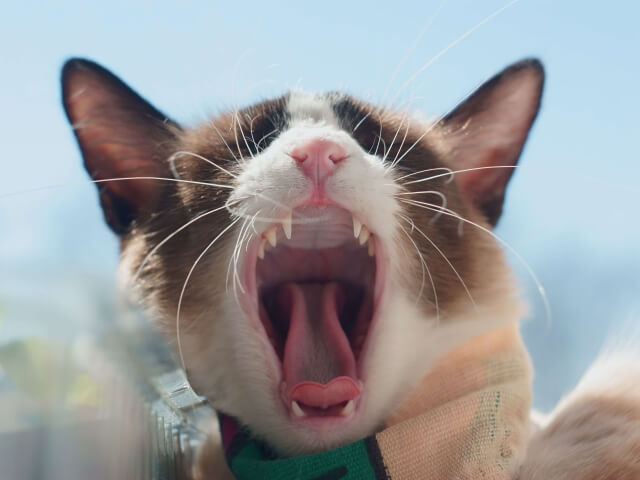
Bear in mind that a dental diet is not meant to replace regular dental care. Even if you can’t brush your cat’s teeth, you should still have your vet check their teeth on a regular basis.
Besides feeding your cat a dental diet, you can also aid in its dental hygiene by providing it with chew toys and dental treats. These treats and playthings are made with dental hygiene and massage of the gums in mind so that teeth and gums remain healthy.
Take-home Ideas
Your cat’s well-being and general health. Obesity, diabetes, urinary tract problems, and dental issues are just some of the health problems that can be prevented or better managed with a well-balanced diet.
It’s important to think about your cat’s age, size, and activity level when deciding on a diet. Overweight cats may need a different diet from cats that are at a healthy weight, and kittens and older cats have different nutritional requirements than adult cats.
Cats have specific dietary requirements, so it’s crucial that you pick a high-quality brand that provides for those needs by reading the labels. Avoid processed foods and opt instead for those that are high in protein and low in carbohydrates.
Additionally, it is crucial to collaborate closely with your vet to formulate a diet plan tailored to your cat’s unique requirements. You should consult with your vet for advice on what kind of food is best for your cat and how much of it it should be fed. When it comes to managing health problems, they can also offer dietary advice.
Conclusion
The health and happiness of your cat depend on more than just the food you give it. Toys and interactive playtime with their owners can help keep indoor-only cats active. Scratching posts and other forms of environmental enrichment can help keep your cat active and engaged.
The quality of your cat’s diet is essential to his or her continued good health. Feeding your cat a healthy, well-rounded diet is one of the best things you can do for its overall health and well-being. Talk to your vet about your cat’s diet and health if you have any doubts or questions.
You may also like
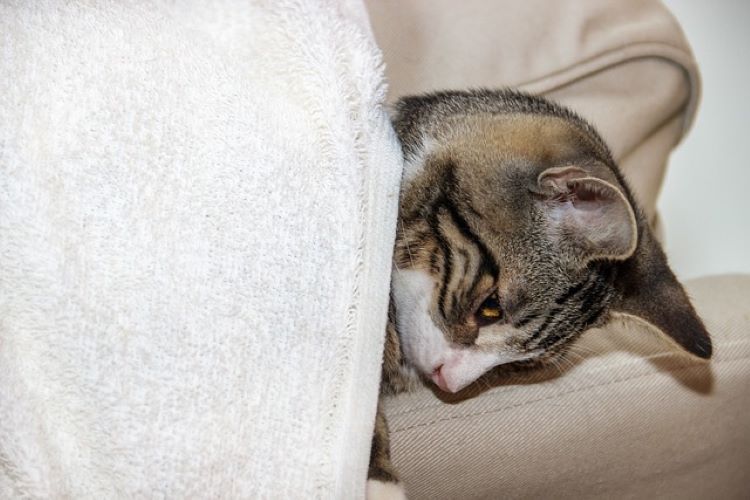
How to Recognize the Signs of a Sick Cat
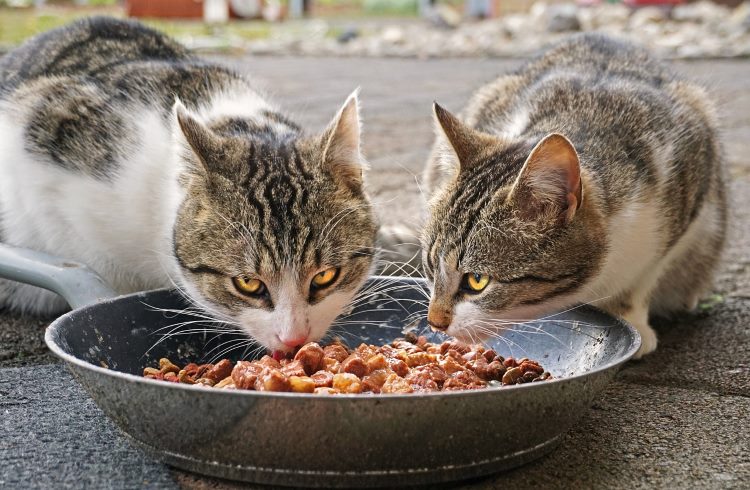
The truth about grain-free cat food
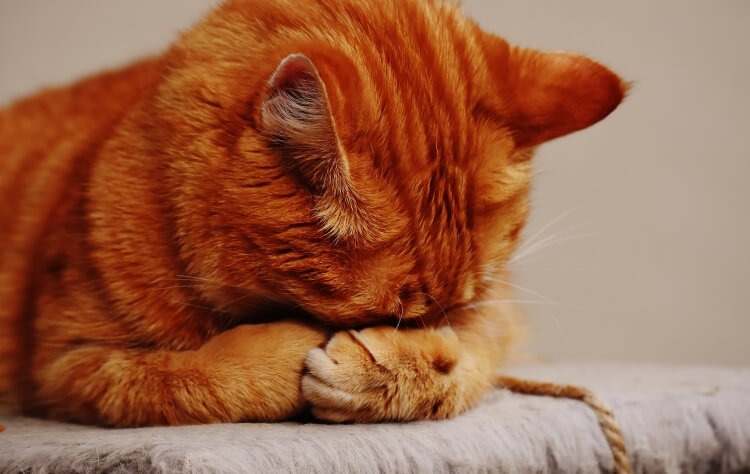
5 Common Health Issues in Cats and How to Prevent Them
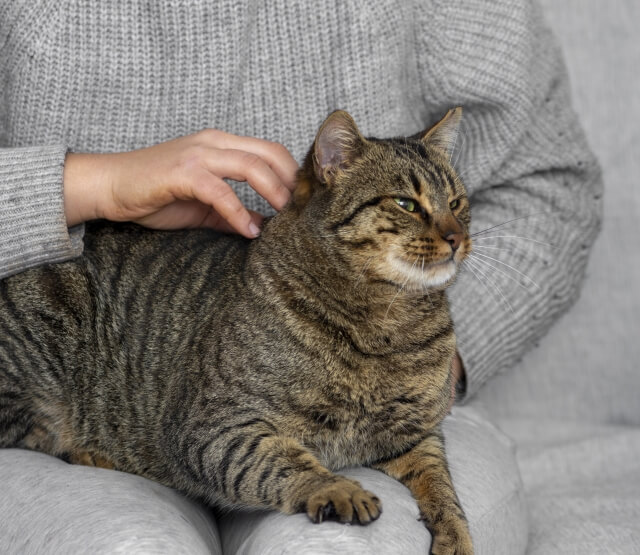
The Connection Between Your Cat’s Weight and Their Health
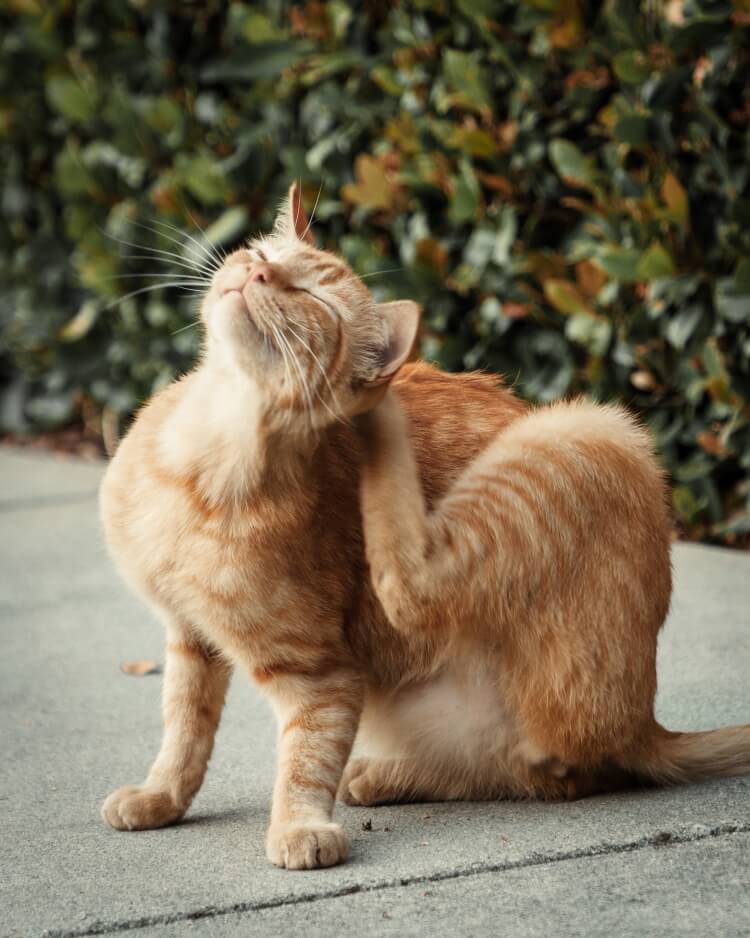
The Dangers of Fleas and How to Protect Your Cat
